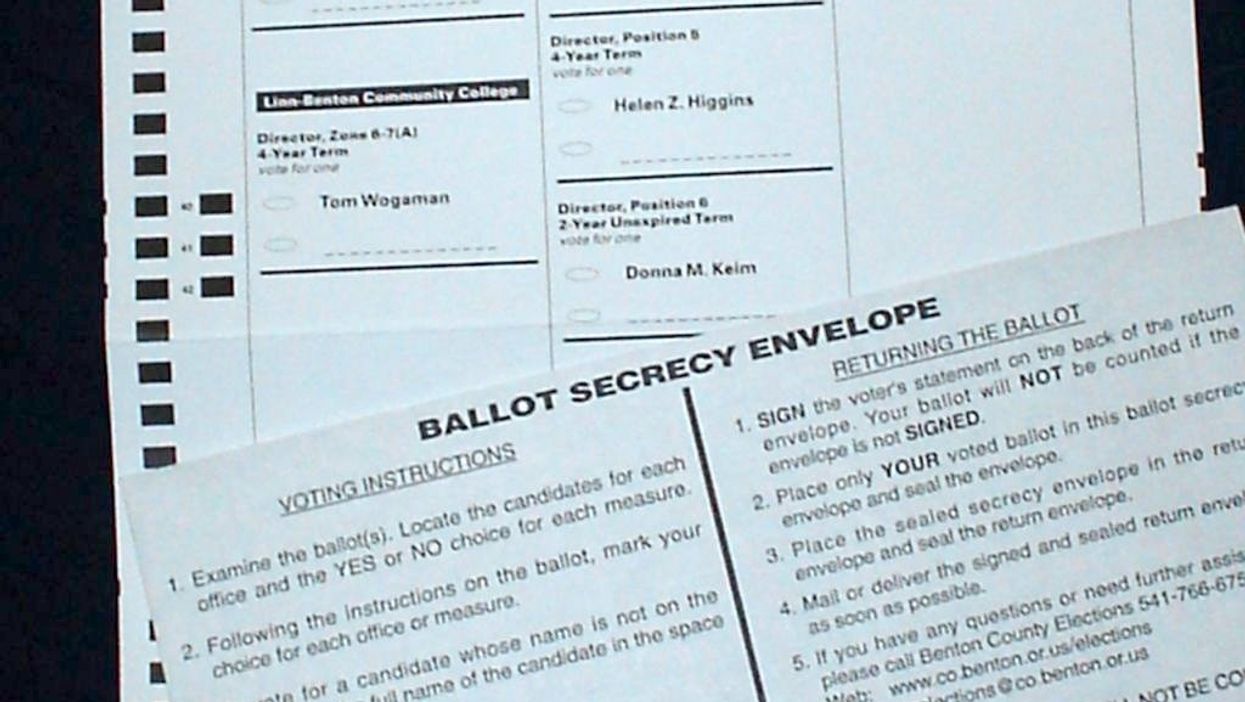With only five days remaining before Nov. 3, it's not too early to take stock of how things should have been different. Here are four things that need to happen before the next election. All four reforms derive from actual controversies over the past six months, things that never should have been the subject of extended legal or political battles.
First, in every state, all voters should have a choice of three ways to cast ballots, to maximize their ability to participate in this fundamental civic duty. All voters should be able to vote in-person on Election Day, of course. They should be able to vote in-person prior to Election Day. And they should be able to use a mail-in ballot (whether or not it is returned by mail, or instead by hand delivery). It's long past time to reject the anachronistic view that any voter who is sufficiently committed can find a way to get to the polls on Election Day. Even before the 2020 pandemic, that view betrayed a class bias contrary to any genuine effort to foster a robust democracy with full citizen participation. (An alternative would be to make Election Day a holiday, an often-proposed reform that deserves full consideration, although easy mail-in voting would still be needed.)
Second, local election jurisdictions should be able to establish as many early voting centers and ballot drop-box locations as needed. Voting should be convenient. Because urban, suburban and rural jurisdictions face different issues, they shouldn't be constrained by inflexible standards.
Third, states should allow voters to mark and send in their mailed-in ballots through Election Day. These ballots should be counted if they are postmarked by Election Day. The cut off should be several days after Election Day (the specific deadline to be determined after a thorough investigation of mail processing times).
Fourth, all states should permit mail-in ballots to be pre-processed before Election Day, so that all such ballots received by Election Day can be tabulated that day. That will avoid the unnecessary days of processing and counting that will follow after Nov. 3 this year.
Many states already follow these four principles, but they deserve to be standard throughout the United States. Imagine how much litigation and uncertainty could have been avoided this year had these four practices already been in place. These provisions could easily form the core of a reform effort, potentially in conjunction with other proposed federal legislative reforms, to be applicable to all future federal elections.
Steven Huefner is professor of law and deputy director of the election law program at The Ohio State University's Moritz College of Law. Read more from The Fulcrum's Election Dissection blog.



















Why does the Trump family always get a pass?